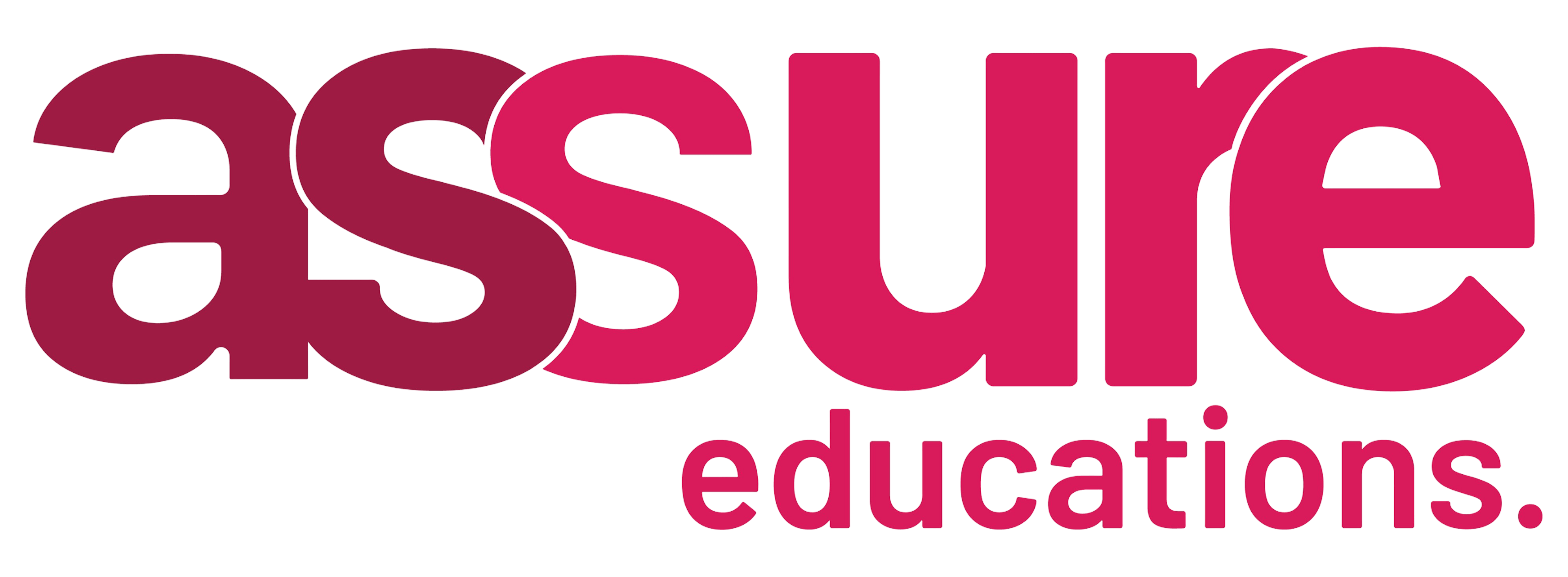How Working Professionals in GCC Countries are Earning Degrees While Working
In the dynamic and fast-paced job market of the Gulf Cooperation Council (GCC) countries, working professionals are increasingly recognizing the value of pursuing further education while maintaining their careers. This remarkable trend is reshaping the way individuals approach higher education and is driven by a combination of factors, including career advancement, skill enhancement, and personal growth.
1. Pursuing Career Advancement:
For many working professionals in the GCC, career advancement is a top priority. Earning an advanced degree, such as a Master’s or MBA, can significantly boost one’s chances of climbing the corporate ladder. It equips professionals with the knowledge and skills necessary to take on leadership roles and contribute more effectively to their organizations.
2. Meeting Industry Demands:
Industries in GCC countries are evolving rapidly, with a growing emphasis on sectors such as finance, healthcare, technology, and energy. To stay competitive in these industries, professionals must continuously update their skills and knowledge. Pursuing education while working allows them to bridge skill gaps and stay relevant in their fields.
3. Online Education Revolution:
The rise of online education has been a game-changer for working professionals in the GCC. It offers the flexibility to learn at one’s own pace and on one’s own schedule. This is especially valuable for individuals with demanding work commitments, as it eliminates the need to attend traditional brick-and-mortar institutions.
4. Diverse Learning Opportunities:
Working professionals in the GCC have access to a wide range of educational programs, from certificate courses to doctoral degrees. Whether they’re looking to acquire a specialized skill or embark on a comprehensive academic journey, there are options tailored to their needs and aspirations.
5. Personal and Professional Growth:
Earning a degree while working is not just about career advancement; it’s also a journey of personal and professional growth. It challenges individuals to manage their time effectively, enhance their problem-solving skills, and become more adaptable—all qualities highly regarded in the modern workplace.
6. Balancing Act:
Balancing work and education is not without its challenges. However, the determination and resilience of working professionals in the GCC are evident in their ability to manage these demands. They find creative ways to allocate time for coursework, leverage online resources, and often receive support from their employers who recognize the value of continued education.
7. A Global Perspective:
GCC countries are increasingly becoming hubs for international business and innovation. Pursuing education while working also exposes professionals to a diverse network of peers and global perspectives, enriching their understanding of the international landscape.
8. Government Initiatives:
Many GCC governments are actively promoting lifelong learning and professional development through various initiatives and funding opportunities. These programs further incentivize working professionals to pursue education while maintaining their careers.
In Conclusion:
The trend of working professionals in GCC countries pursuing education while balancing their careers represents a significant shift in the region’s educational landscape. It’s a testament to the dedication and ambition of these individuals, as well as the transformative power of online education. As this trend continues to grow, it not only benefits the professionals themselves but also contributes to the development and competitiveness of the GCC job market on a global scale. It’s a win-win scenario where professionals are empowered to reach their full potential while adding immense value to their organizations and the broader economy.

